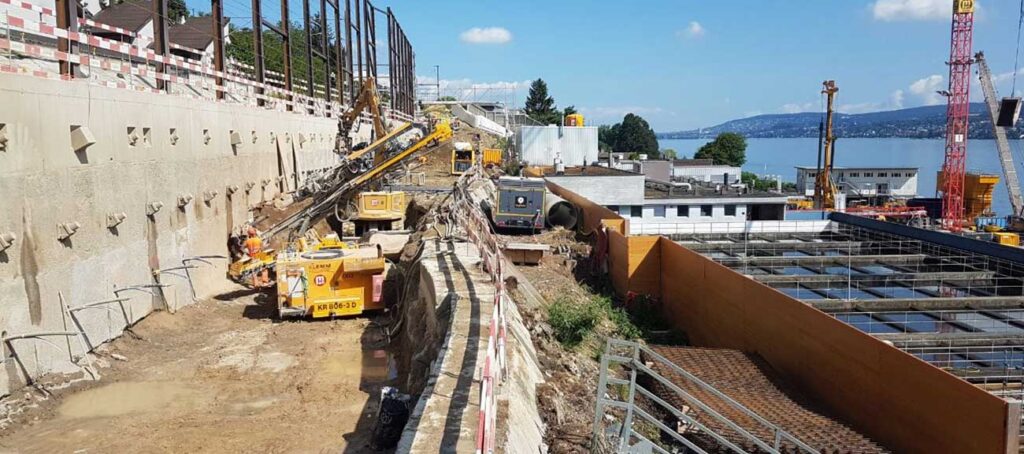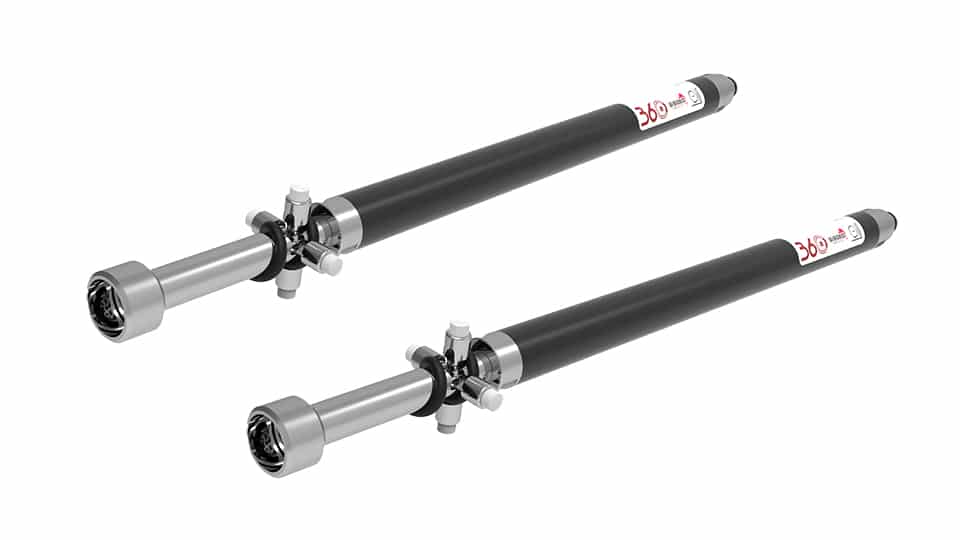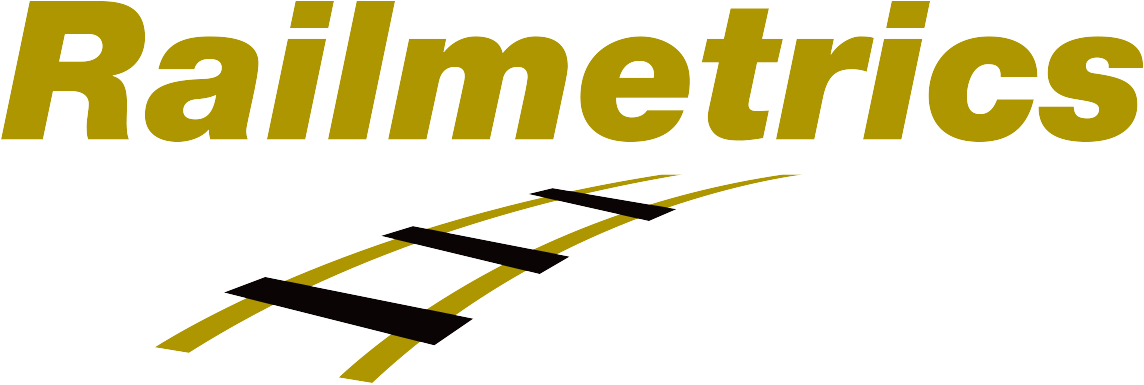Abwasseraufbereitungsanlage Zimmerberg

Die in die Jahre gekommenen Kläranlagen Horgen und Thalwil in der Nähe von Zürich, Schweiz, müssen umfassend saniert werden, um ihre Reinigungsleistung zu verbessern. Die beiden Anlagen sollen daher zusammengelegt werden. Die neue, moderne Kläranlage Zimmerberg (ARA) wird ab 2027 die Abwässer von bis zu 78.000 Einwohnern und der Industrie reinigen. Bei einem extremen Hochwasser […]
MD-Profile 360° Ketteninklinometer

Codes der Referenzprodukte: S431HD, S432HD, S431HA, S432HA MD-Profile 360° Ketteninklinometer sind für den Einbau in innenbündige Rohre vorgesehen. Das System eignet sich für geotechnische und bautechnische Anwendungen, bei denen eine genaue vertikale oder horizontale Profilierung erforderlich ist. Konzipiert für hochpräzises geotechnisches Monitoring führt das MD-Profile 360° Ketteninklinometer mehrere Innovationen und Verbesserungen gegenüber der Vorgängerversion ein, […]
FAQ#116 – How do I configure a WR-Log digital node to read RS485 Sisgeo TIMED sensors?
Sisgeo digital instruments can operate in two powering modes: TIMED or ALWAYS-ON (for more information see F.A.Q.#094).A string of mixed instruments consisting of TIMED gauges and ALWAYS-ON gauges cannot work.The first thing to do is therefore to check that ALL connected instruments in your array are set to TIMED mode.You can check the powering mode […]
FAQ#110 – What’s the purpose of the linear and polynomial factors written in the Calibration Reports?
Utilize the Linear Sensitivity Factors (A, B) and Ploynomial Sensitivity Factors (A, B, C, D) of the Calibration Reports permit to obtain readings in engineerig units with a maximum error as for the Calibration Report. In the case of analogue gauges, the factors shall be applied on the electrical readings (i.e. mA, mV, digit, etc…) […]
FAQ#095 – How long does a chain of digital sensors take to be read?
It mainly depends from the powering mode of the gauges (refer to FAQ#094 for the description of the powering modes). AN EXAMPLE WILL BETTER CLARIFY THE ANSWER. In a batch of 240 gauges, unless otherwise requested by the Customer, the addresses are settled from #001 up to #240. In a borehole is installed a chain of 30 […]
FAQ#094 – Which are the available powering modes for SISGEO digital sensors?
All SISGEO digital gauges can be settled in two different powering mode: The STANDARD powering mode is ALWAYS ON, so unless otherwise requested by the Customer, the sensors are settled as default in ALWAYS ON.
FAQ#077 – Which are the maximum cable lengths from instrument to datalogger?
The cable lengths depend from many factors, first of all installation and cable protections (screen, earth, etc…). Assuming that instruments are installed in a workmanlike, for the maximum cable lengths should be followed the next suggestions: DIGITAL INSTRUMENTS: see FAQ#73 ANALOGUE INSTRUMENTS: see both downloadable documents.
FAQ#076 – Why it is necessary add a termination resistor to the last digitized sensor of each RS-485 chain?
All SISGEO digitized instruments (IPIs, Tiltmeters, H-Level…) use the RS-485 serial communication protocol The RS485 protocol contemplate a termination resistor. The recommended chain connection is point-to-point (multidropped) nodes as a bus mode (line). Star, ring or multiply network connection are not recommended. SISGEO dataloggers has already a termination resistor assembled (typically 120Ω). On the opposite […]
FAQ#075 – What parameters are saved in SISGEO digital sensors? What information must the Customer provide when ordering?
All SISGEO digital sensors (e.g. IPI, BH Profile, MD Profile, LT Inclibus, Tilt-meter, RDS, H-Level, etc.) use the Modbus communication protocol over RS-485 serial. SISGEO digital sensors are connected to each other with a single signal cable. The parameters that are configured at the factory for each digital sensor are as follows: Upon confirmation of […]
FAQ#073 – Which is the maximum number of digitized sensors (RS-485, Modbus), the maximum number of chains and the maximum length of cable in a RS-485 network?
Last update: October 2021 All the SISGEO digitized sensors utilize a RS485 interface with Modbus protocol. 1.The maximum number of digitized sensors in a RS-485 network are 247 (theoretical) 2.The maximum number of digitized sensors chains that is possible to connect to Modbus master unit (as OMNIAlog or miniOMNIAlog) are 4. 3. About the maximum […]








